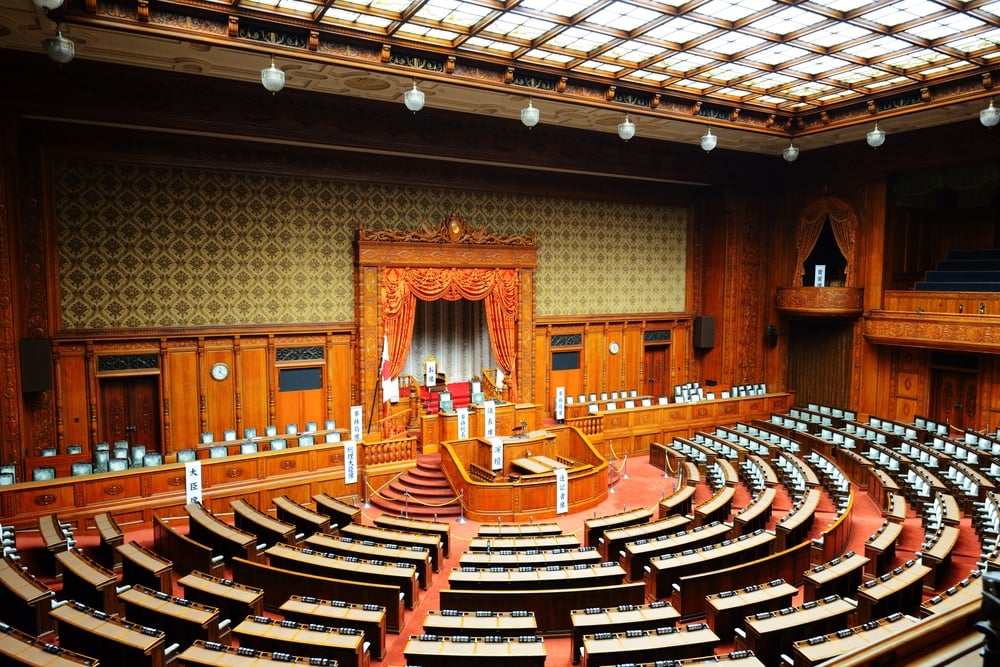Bitcoin Industry in Japan Awaits Regulation

The National Diet in Japan (the legislature consisting of the Lower House and the Upper House) is currently deliberating over bills to regulate bitcoin and other virtual currencies and a keenly contested bitcoin industry in Japan is watching closely.
Following the debacle of the now-defunct bitcoin exchange Mt. Gox which collapsed in 2014, bitcoin as a currency had a PR problem, particularly in Japan. The government stepped in and sought to establish certain guidelines to regulate the cryptocurrency. Before regulation comes recognition and bitcoin is set to be seen as a currency, similar to fiat, centralized money.
Such plans came to fruition early in 2016, when the Japanese Financial Services Agency (FSA) considered legislative revisions that would recognize digital currencies as equivalents to conventional currencies. And so it came to be. Early March saw Japan’s cabinet passing a set of bills to deem virtual currencies as having similar functions to real money. These bills sought to revise laws such as the Banking Act and Payment Service Act, which sees virtual currencies having “asset-like” properties.
The legislation will require virtual currency exchanges to register with the FSA and follow know-your-customer (KYC) practices which will seek user identification at the time of registration.
Other speculated regulations, and considerations include:
- Bringing registered cryptocurrency exchanges under Japan’s anti-money-laundering laws.
- Mandating exchange operators meet certain pre-set financial conditions such as having a minimum amount of capital.
- Another stipulation may include requiring operators manage customer assets separately from corporate assets. This would also help with clarity in the case of bankruptcy.
- Mandatory external checks from certified public accountants or auditing firms that exchange operators will have to undergo.
- Operators will also be obliged to report questionable trading patterns to authorities.
- Transaction records will have to be maintained and stored by operators.
- Operators will also be responsible for security measures and the computer systems required to protect their users’ information.
Bitcoin Operators Welcome Regulation
Now, bitcoin operators and entrepreneurs are keeping tabs as the Diet deliberates over the bills in the Upper House currently. The bills have already passed through the Lower House in April.
As reported by the Japan Times , the virtual currency industry believes that legislation and regulation are key for the industry’s growth and importantly, to gain the public’s trust back.
Mike Kayamoro, CEO of Tokyo-based bitcoin exchange Quoine told the publication that Japan’s endeavor to recognize and establish legality with bitcoin is “epoch-making.”
Yuzo Kano, CEO of leading Tokyo-based bitcoin exchange bitFlyer, a startup that saw the largest funding round ever by a bitcoin company in Japan with a successful ¥3 billion ($27 million) funding round stated:
It [the regulations] will help improve the trust in the virtual currency. I am hoping the new rules will stimulate the growth of the industry.
Kano also added that the bitcoin industry in Japan will get a boost when bigger companies and investors take notice of the cryptocurrency, beyond the startups that currently occupy the space in a market still in its infancy.
“Nobody is really making a profit,” Kano revealed, with plenty of startups vying for a share of the popular pie that is the bitcoin industry in Japan.
Featured image from Shutterstock.